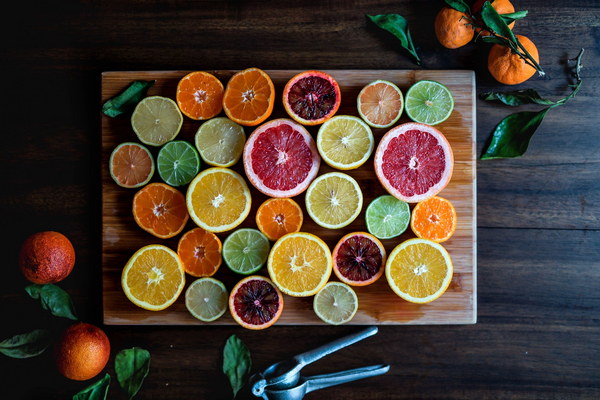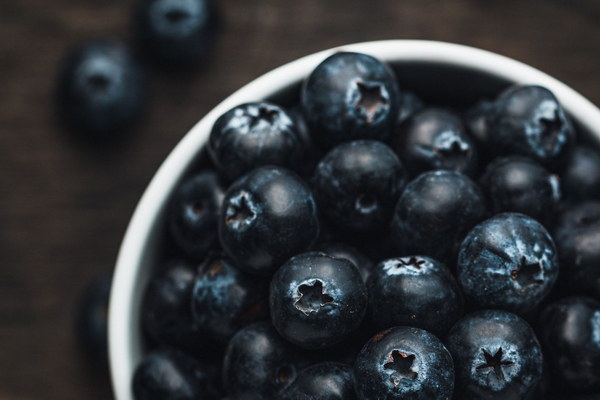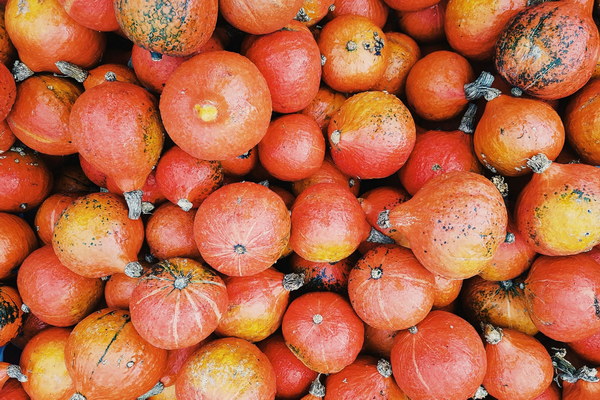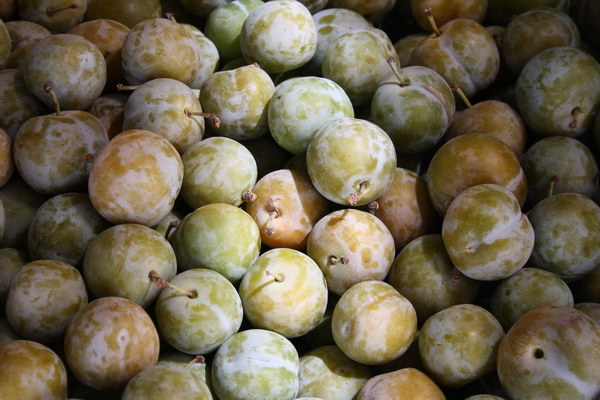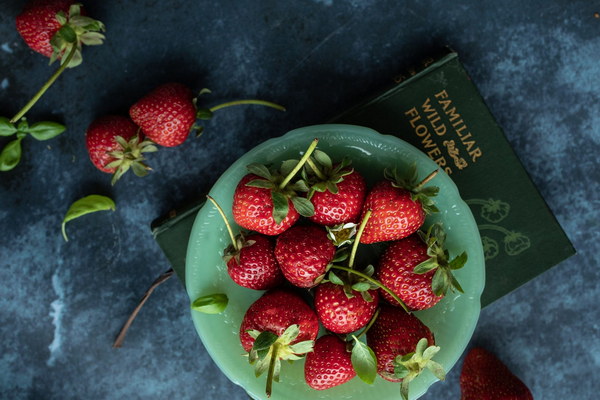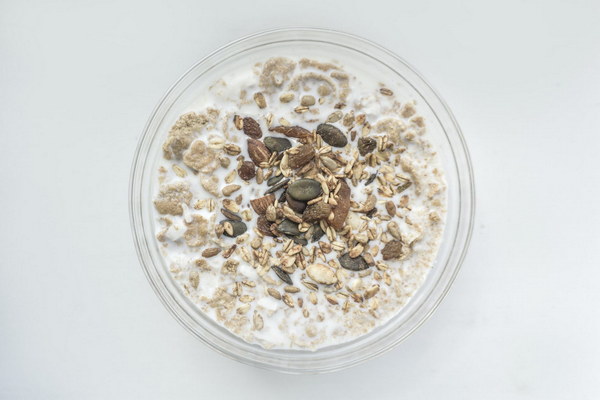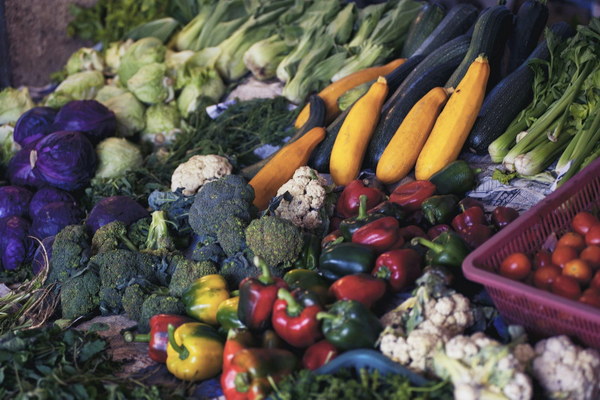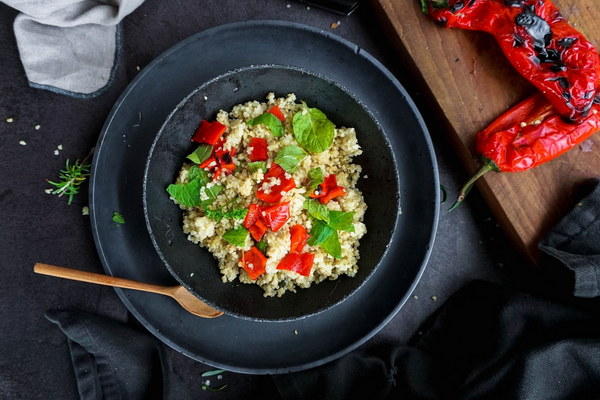Nature's Remedy Exploring the Benefits of Wetness-Relieving Foods
In the quest for holistic health and wellness, traditional remedies often offer simple yet effective solutions. One such remedy is the use of wetness-relieving foods, which have been a staple in various cultures for centuries. Wetness, or dampness, is a concept in traditional Chinese medicine (TCM) that is believed to be the root of many health issues. These foods, rich in nutrients and natural properties, can help alleviate dampness and promote overall well-being. Let's delve into the world of wetness-relieving foods and their benefits.
The Concept of Wetness in Traditional Medicine
In TCM, wetness is associated with excess fluid in the body, which can lead to a range of health problems. This includes conditions like edema, fatigue, and even more severe issues such as arthritis and respiratory diseases. By incorporating wetness-relieving foods into the diet, one can help balance the body's fluids and reduce dampness.
Top Wetness-Relieving Foods
1. Ginseng
A well-known herb in TCM, ginseng is renowned for its ability to boost energy levels and improve immune function. It's also believed to have a dampness-relieving effect, making it a popular ingredient in many traditional remedies.
2. Millet
Millet is a gluten-free grain that is rich in nutrients and has been used for centuries to relieve dampness. It's particularly effective in the case of edema, as it helps to drain excess fluids from the body.
3. Green Tea
Green tea is not only a refreshing beverage but also a natural diuretic. It helps to eliminate toxins and excess water from the body, thus reducing dampness.
4. Taro

Taro, also known as colocasia, is a root vegetable that is a staple in many Asian cuisines. It has a sweet and earthy flavor and is considered a cooling and dampness-relieving food.
5. Chrysanthemum Tea
Chrysanthemum tea is known for its calming properties and is often used to alleviate eye strain. Additionally, it has dampness-relieving properties, making it a great beverage for those looking to balance their body's fluids.
6. Pears
Pears are not only delicious but also a natural diuretic. They help to flush out excess fluids and are often recommended for those suffering from dampness-related conditions.
7. Quinoa
Quinoa is a superfood that is rich in protein and fiber. It has a diuretic effect and can help to reduce dampness in the body.
Incorporating Wetness-Relieving Foods into Your Diet
To effectively incorporate wetness-relieving foods into your diet, consider the following tips:
- Diversify Your Diet: Include a variety of wetness-relieving foods in your meals to ensure a balanced intake of nutrients.
- Cooking Methods: Steam, sauté, or boil your food instead of frying to reduce the intake of dampness-producing oils.
- Herbal Remedies: Combine these foods with herbs like astragalus, codonopsis, and rehmannia for a more potent dampness-relieving effect.
- Regular Intake: Consistently include wetness-relieving foods in your diet to maintain a balanced fluid level and reduce dampness over time.
Conclusion
Wetness-relieving foods offer a natural and holistic approach to health and wellness. By incorporating these foods into your diet, you can help alleviate dampness and promote a healthier, more balanced body. Whether you're looking to boost your immune system or simply want to maintain overall well-being, the power of these natural remedies is undeniable. So, why not give them a try and experience the benefits for yourself?


